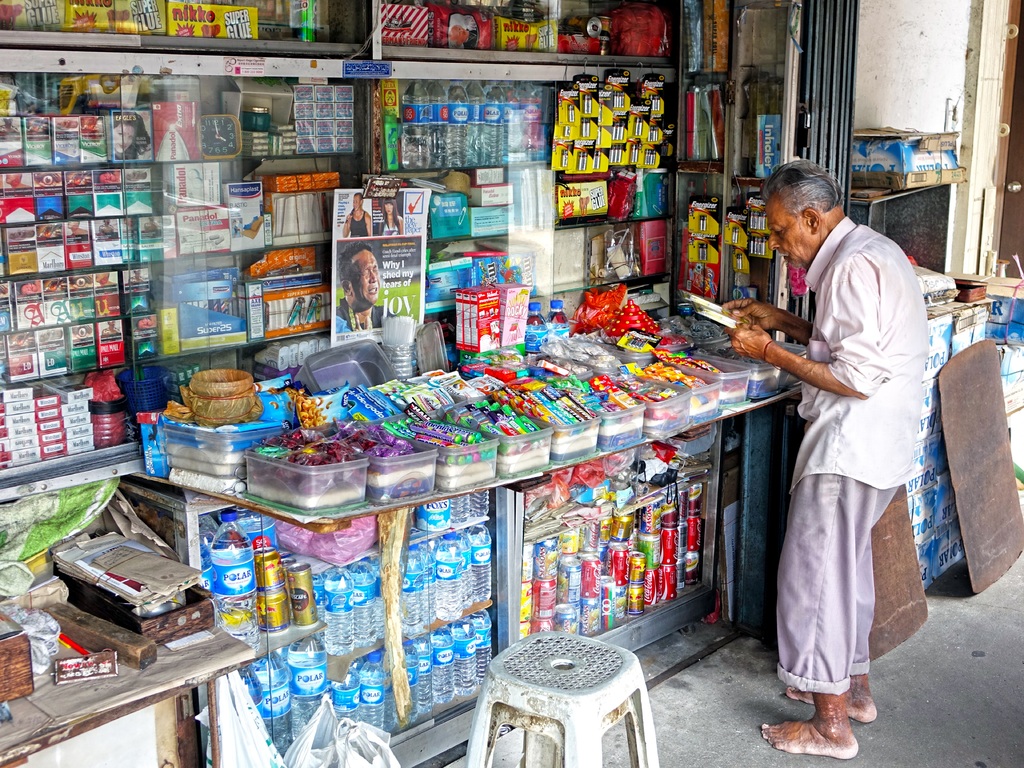Poor rainfall and El Nino dampen rural demand for multinational consumer goods companies in India
By Preeti Soni | November 17, 2023
When most businesses struggled to recover two years after COVID-19, Surinder Singh, a rural Rajasthan grocery shop owner, faced heightened competition as five new shops emerged within two years in his village of 2000 people. The only way for Singh to stay competitive was to replace the branded products by India’s top consumer goods makers with local brands.
“My customers are farmers and they’re not buying branded products like Colgate toothpaste or Surf Excel for the past few months. They prefer local products as those are affordable for them,” said Singh. Some farmers switched to affordable alternatives like Anchor toothpaste, Sale soap or Ghadi detergent, while some stopped buying soap, toothpaste and detergent altogether.
The rise in small and regional fast-moving consumer goods (FMCG) companies is hurting the market share of India’s largest consumer goods makers. Most companies including Hindustan Unilever (HUL), Dabur India, Marico, and Britannia may cut prices, according to three analysts.
Local companies are rising aggressively in the country, offering affordable alternatives in smaller categories, said Samir Bobde, consumer equity analyst at Dolat Capital. “We will clearly see more price cuts (by large FMCG companies) in the coming months,” he said.
From Hindustan Unilever to Dabur India, FMCG companies are struggling to boost rural demand even though inflation is cooling down in the country. Hindustan Unilever reported an operating margin of 22.78% in quarter two of the fiscal 2024 as against 23.7% the previous year. India’s inflation declined to 4.8% in October after reaching a 15-month high at 7.44 in July this year.
“The rural demand is quite sluggish. The volumes are not going up.”
said P.N. Vijay, Independent Director, at Dabur India.
The problem is most severe in the southern parts of India where weak monsoons and El Nino hurt crop yields this year, dampening rural demand. El Nino causes change in the weather pattern, often leading to more rainfall in some places and drought in others.
The weak sales are reflected in the soft volume growth in the rural sector reported by India’s top FMCG companies. For instance, HUL recorded a 3% volume growth fueled by urban demand but missed analysts’ estimates of projected sales growth.
HUL started offering premium products to boost profit margins. Bobde, however, said offering premium products to urban customers might not help, as these companies rely on rural demand for growth.
The share price of HUL, Dabur India, and Colgate-Palmolive has been trading below the benchmark Sensex since the beginning of this year. The FMCG stocks are overvalued when compared to the growth prospectus, said Vijay.
Singh said he would be able to sell products from HUL, Dabur, and Colgate only if they are affordable and at the time offer him a better margin than local products.

